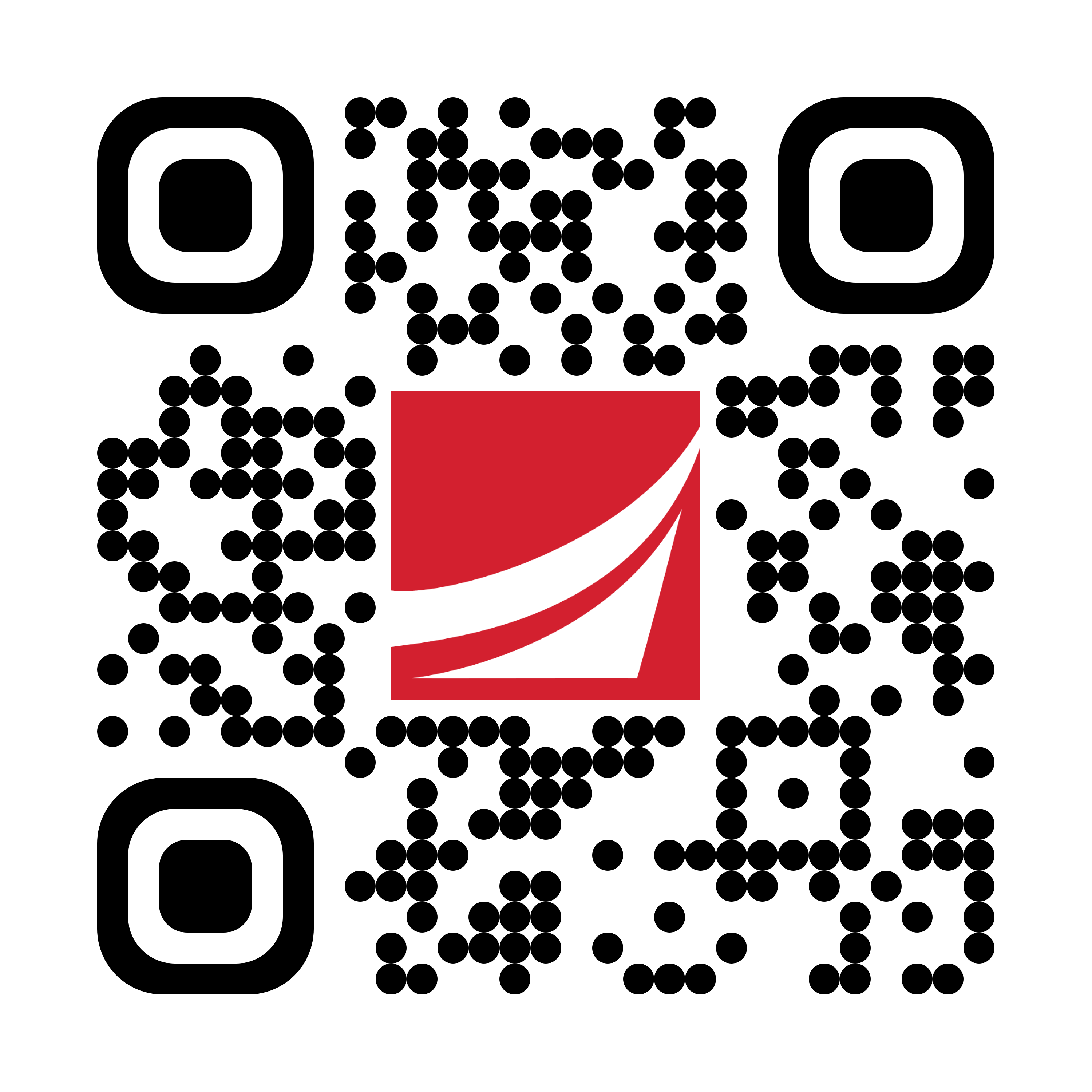
Banking from your phone?
Download our app
Welcome Back
You can access your accounts here.

Banking from your phone?
Scan the code to download our app.

not featured
2024-05-01
Savings
published
Storm-Proof Savings: Making Rainy Day Funds for Emergencies
%20(1)%20(1).png)
-
Life in the military can be unpredictable, but one thing you can control is your financial preparedness. At Armed Forces Bank, we are here to help you build your financial fortress, starting with your emergency fund. Just as you are trained to handle any situation, we are equipped to provide guidance in navigating the world of finances, especially for military personnel, veterans, and their families. Let’s get started and compare standard savings accounts, certificates of deposit, and money market accounts to find the perfect fit for weathering any storm.
Savings Accounts for Rainy Days
Standard savings accounts are an ideal choice for building rainy day funds due to their low risk and convenient accessibility. Insured by the FDIC for added security, these accounts typically have lower opening deposits and minimum balance requirements, making them accessible to individuals with a variety of financial backgrounds.
However, savings accounts often come with lower interest rates compared to other investments. This means they will have slower growth over time. Despite this, standard savings accounts offer peace of mind and liquidity to funds when needed most.
Certificates of Deposit for Rainy Days
A certificate of deposit (CD) offers a high-yielding method to boost your savings without the complexities of the stock market. CDs provide a fixed interest rate for a set period of time, acting as a time capsule for your money.
While CDs are secure and FDIC insured, they may not be the best option for emergencies due to their limited liquidity and penalties for making early withdrawals. That being said, dedicating a fraction of your emergency savings to CDs—particularly short-term CDs or CD ladders—can enable ongoing growth of your savings in the background.
Money Markets for Rainy Days
Money market accounts offer a blend of flexibility and higher interest rates, making them an attractive option for short-term savings goals. Similar to regular deposit accounts, money market accounts provide a safe place to store funds while allowing them to grow faster.
With FDIC insurance, these accounts offer added security, but their returns may be lower compared to riskier investments like stocks. Money markets also typically have limitations on transactions (6 per month) and higher minimum balance requirements than those of standard savings accounts. In the end, money market accounts can be a stable choice for those seeking a secure and relatively low-risk investment option for emergency savings.
How to Save for an Emergency
Deploying the right savings method hinges on factors like opening deposit, growth potential, and liquidity. We advise that you explore various financial institutions and products to find a savings solution that aligns with your objectives.
For your rainy day savings strategy, start by keeping most of your funds in a money market or standard savings account. These reserves should cover you for around 3-6 months of living expenses and remain easily accessible in case life takes a turn (like job loss or medical emergencies). To ensure quick access to your money, allocate a portion of these funds to an account at a brick-and-mortar bank. Unlike online banks, which might take 1-2 business days to process transactions, a local bank with boots-on-the-ground service can provide you with immediate access when you need it most.
Accounts for Financial Emergencies at Armed Forces Bank
At Armed Forces Bank, we are on a mission to assist military personnel, veterans, and their families in securing their financial futures. Ready to take the next step? Explore our arsenal of options, including savings accounts,1 certificates of deposit,2 and money market accounts.3
For expert guidance in establishing your emergency fund, connect with one of our personal bankers to receive tailored financial assistance. Plus, leverage resources like our financial calculator for emergencies to fine-tune your strategy and maximize your savings potential. Together, let's build your financial fortress and weather any storm on the horizon!
Member FDIC
1 $25 minimum opening deposit required. $100 minimum balance required to avoid $5 monthly service charge. $5 paper statement fee applies. Closing new accounts within 90 days of opening will result in a $20 closure fee.
2 $500 minimum deposit required. A penalty may be charged for early withdrawal. CD rates are subject to change at any time and are not guaranteed until CD is opened. Fees charged to the account could reduce earnings on the account.
3 Minimum $25 deposit to open the account. A monthly service charge of $10 will be imposed every month or statement period if the balance in the account falls below $1,000 on any day of the month or statement period. Six (6) transactions per statement allowed. Excessive withdrawal fee of $10 per item over 6 withdrawals per statement cycle. Free eStatements or $5 paper statement monthly fee. Closing your account within 90 days of opening will result in a $20 early closure fee.